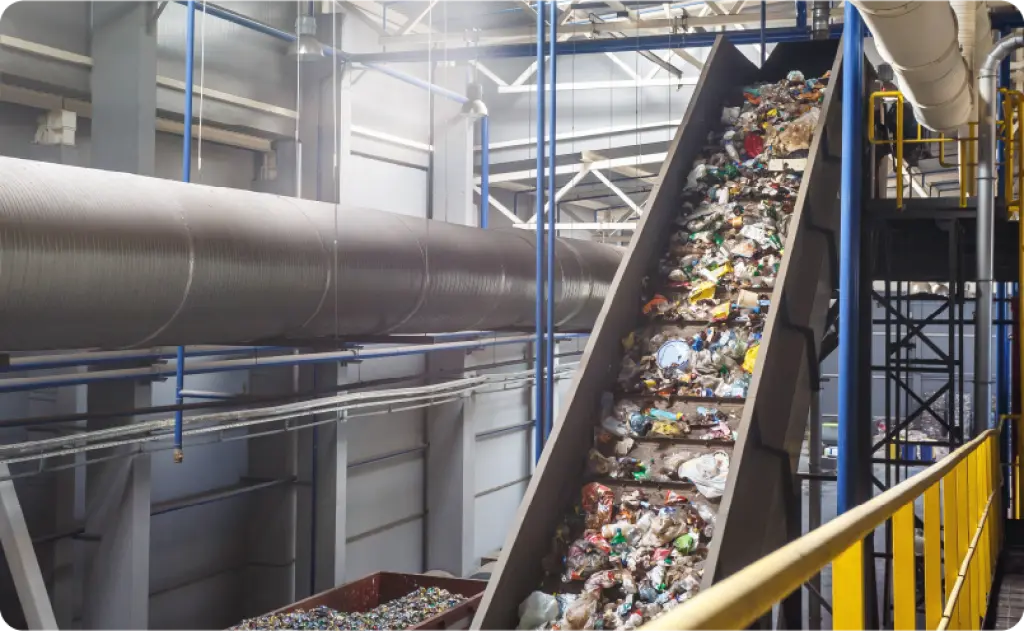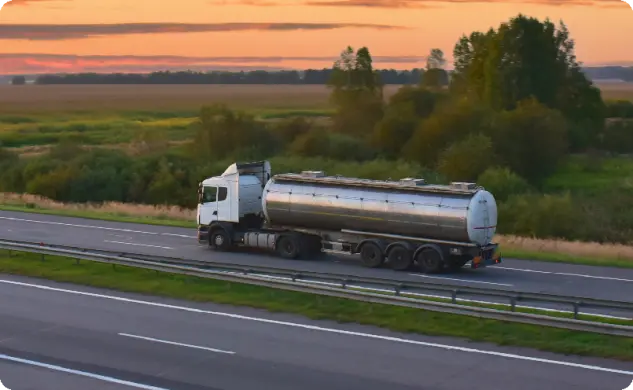The EU Packaging and Packaging Waste Regulation (PPWR).
- Wed, August 14, 2024
- 3 minute read

EU's green shift in packaging
The Packaging and Packaging Waste Regulation (PPWR) is a proposed legislative measure aimed at revising the current rules governing packaging and packaging waste within the European Union (EU). This regulation aims to transform Europe's packaging sector into a sustainable, circular economy, aligning with the European Green Deal's goals. It seeks to address the shortcomings of the existing Packaging and Packaging Waste Directive (PPWD), which was initially adopted in the 1990s. The PPWR has not yet come into force but is expected to be effective by the last quarter of 2024.
Key objectives of the Packaging and Packaging Waste Regulation
The primary goals of the PPWR are to reduce the environmental impact of packaging and harmonise packaging regulations across the EU to facilitate the free movement of goods. The key objectives include:
- Preventing packaging waste generation: The PPWR aims to reduce the amount of packaging waste generated in the EU by introducing restrictions on certain types of packaging and promoting reusable and refillable packaging solutions.
- Boosting high-quality recycling: The regulation wants all packaging on the EU market to be recyclable in an economically viable way by 2030.
- Adopting harmonised rules: EU-wide rules on labelling, void space, and mandatory recycled content will create a level playing field across the EU, ensuring uniform regulations for all businesses.
Reducing packaging waste and harmful substances
The PPWR is taking steps to make packaging safer and more sustainable. It's banning harmful chemicals, like PFAS, from food packaging and setting targets to use more recycled plastic. By 2030, a certain amount of recycled plastic must be used in packaging, and this target gets even higher by 2040. However, there are exceptions for compostable plastics and packaging with very little plastic.
PPWR: cutting down on unnecessary packaging
The new rules also focus on cutting down on unnecessary packaging. Boxes and containers may not be more than half empty, and companies must make sure their packaging is as light and small as possible. This helps to save resources and reduce waste.
Collection of single-use plastics through deposit return systems (DRS)
By 2029, member states must ensure the separate collection of at least 90% of single-use plastic bottles and metal beverage containers through deposit return systems (DRS). Existing systems that meet the 90% target by 2029 are exempt from new DRS requirements. States with an 80% separate collection rate by 2026 can also be exempt if they provide a plan to reach the 90% target.
Restrictions on certain packaging formats
The regulation introduces restrictions on specific packaging formats, including single-use plastic packaging for fruit and vegetables, food and beverages, condiments, and toiletries in the HORECA and accommodation sectors. Very lightweight plastic bags, often used for bulk groceries, are also restricted.
The effects of the PPWR on your supply chain
The PPWR will introduce a new set of challenges and opportunities for customs and supply chain professionals. While the regulation aims to create a more sustainable packaging landscape, it will require significant adjustments across the entire supply chain.
Challenges that may occur in the supply chain are:
- Adapting supply chains to source packaging materials that comply with the PPWR’s requirements.
- Increased weight and volume restrictions on packaging may impact transportation and logistics operations.
- Creating efficient waste management systems throughout the supply chain to comply with the PPWR's recycling and waste reduction goals.
- New documentation requirements may lead to increased administrative work for importers and exporters.
- The implementation of the PPWR may potentially impose additional costs on companies, which could affect pricing and competitiveness.
More information on the Packaging and Packaging Waste Regulation
You can consult the following webpages for more information on the EU PPWR:
Advice and support
Do you need help regarding the PPWR? Our Consultancy & Advisory services can help align your business operations with regulatory compliance. Contact our customs experts for advice and support by filling out the form on the right. A member of our team will respond within one business day.




